We caught up with the brilliant and insightful Logan Tsinigine a few weeks ago and have shared our conversation below.
Hi Logan, thanks for sharing your insights with our community today. Part of your success, no doubt, is due to your work ethic and so we’d love if you could open up about where you got your work ethic from?
I have been fortunate to have many positive influences in my life that molded my work ethic. The foundation of my work ethic started with my parents. My Mother is a carpenter by trade and I’ve worked with her since I was a little guy. I started out getting her the materials and tools that she needed. Over time I was working side by side with her and eventually she just laid out the job and I was the one doing the work. Everything my Mom built was made to last. The measurements were perfect, the wood cuts precise and the assembly strong. I learned that building things the correct way meant more effort was required. My Mom never took shortcuts and that shaped my work ethic. I also grew up ranching with my Dad. We had to feed and water our animals no matter how we felt or how bad the weather was. I understood the animals depended on us and if we didn’t do our job, they didn’t survive. This meant hauling water from town, hauling hay for them to eat, breaking ice in the water tanks so the horses and cows could drink during the winter. Anything that need to be done on the ranch, we did that everyday.
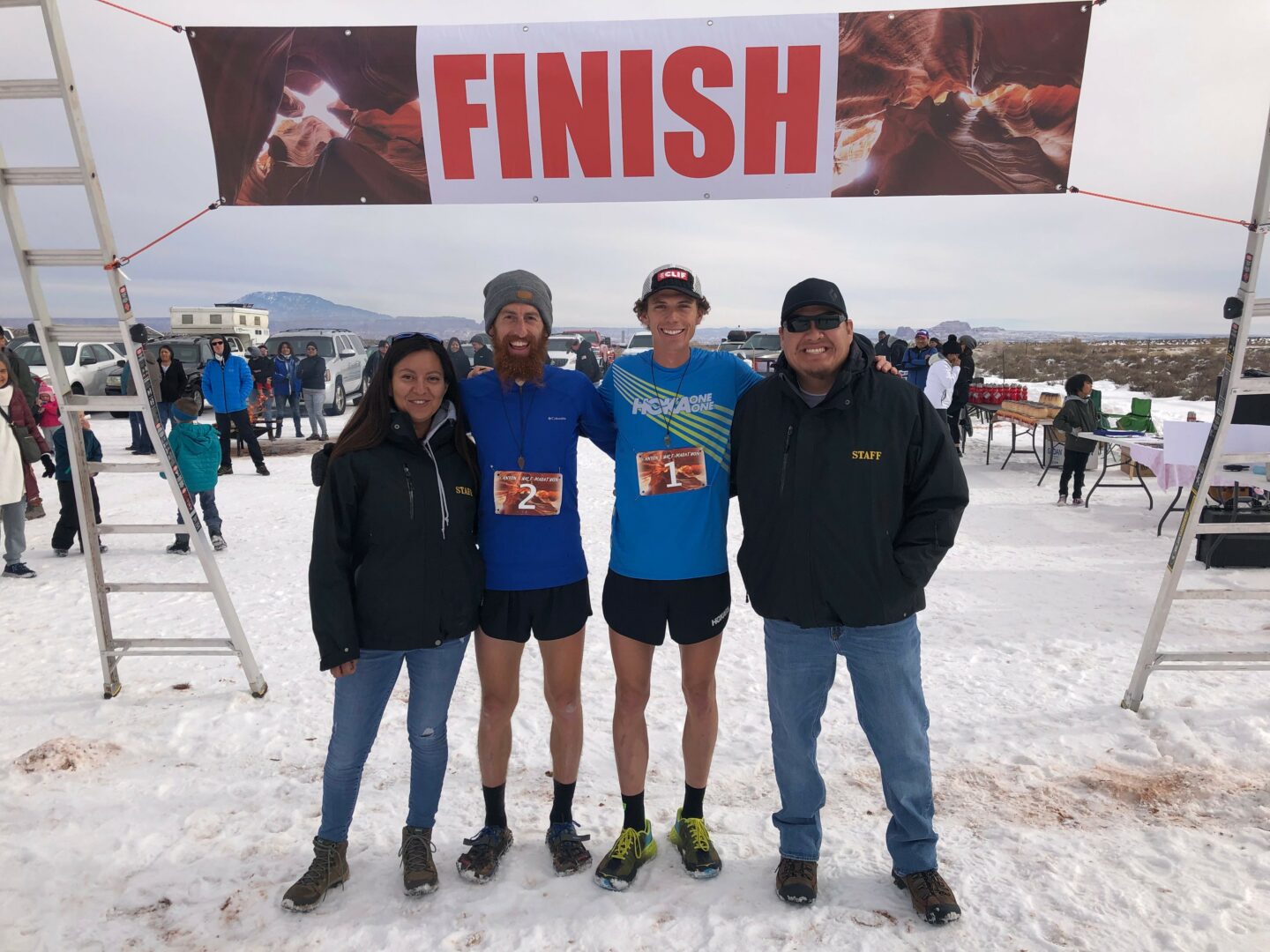
Great, so let’s take a few minutes and cover your story. What should folks know about you and what you do?
I worked as an electrical engineer for the first phase of my professional career. I mainly worked in electrical generation before finishing my engineering career as the Principal Electrical Engineer for Salt River Project (SRP) in their Distribution Maintenance Engineering Department. I retired from engineering because my Mother needed help with her tour company, Taadidiin Tours LLC (TTLLC). TTLLC provides tours to Antelope Canyon X and Cardiac Canyon on the Navajo Nation. I am currently the Chief Financial Officer for TTLLC. I was blessed to be able to earn my Master of Business Administration (MBA), while still working at SRP, from the University of Arizona – Eller School of Business. The MBA prepared me to take on this role at TTLLC. I am working to take the concepts I learned and implement them at TTLLC. I’m also focusing on developing as many of our young Navajos as possible. That is the most rewarding part of my job.
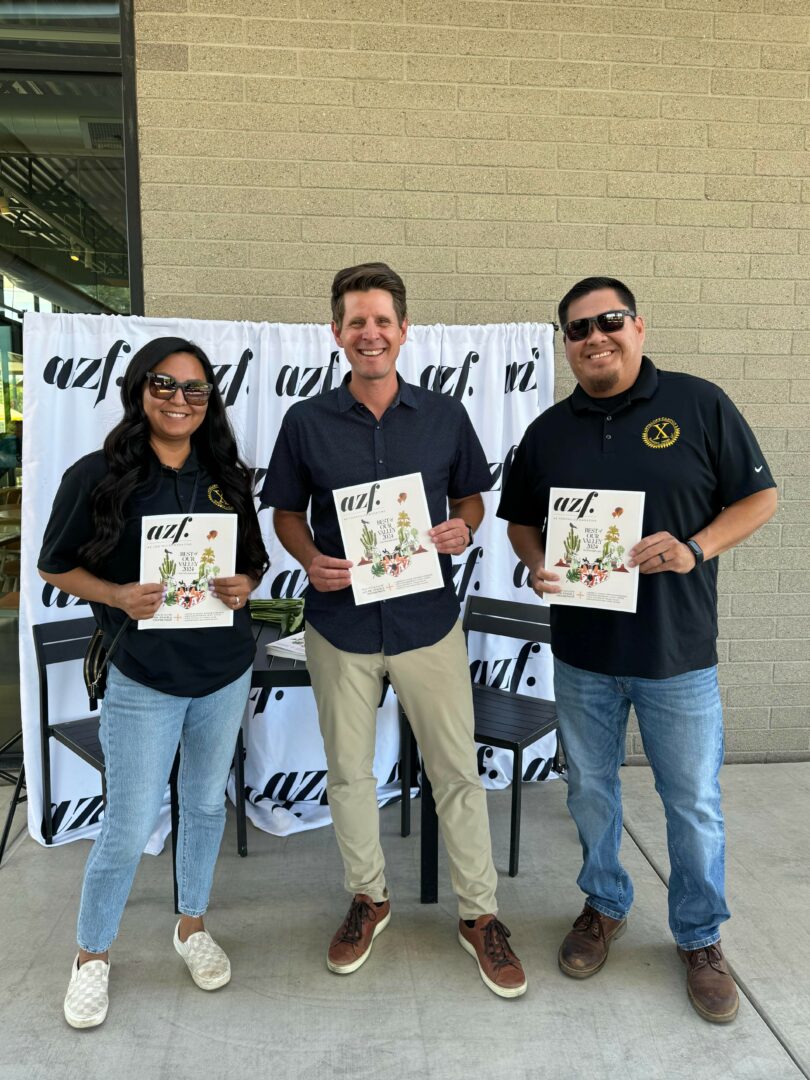
If you had to pick three qualities that are most important to develop, which three would you say matter most?
First, I’m very curious. I’ve never been short on questions and that would drive the people around me nuts. As a boy, my parents would let me take apart electronics and appliances that had broken. I’ve dismantled televisions, microwaves, VCRs, audio tape players, Nintendo’s, toys, CD players and computers. My Dad wasn’t happy when I took the VCR apart. I broke it while I was taking it apart and couldn’t put it back together, it wasn’t broken in the first place. That’s what led me to become an electrical engineer. Second, my parents taught me to learn as much as I could. My Mom was a carpenter and my Dad was an industrial mechanic. They wanted me to use my brain and not “break my back” doing manual labor in my career. So I made sure to pay close attention to those people in my life that had the knowledge that I wanted. As I got older that made me valuable in the engineering field. Last of all, the engineering field that helped me the most is when I spent two years as a reliability engineer. I learned how to maintain all sorts of machinery. That included both mechanical and electrical. I became certified in oil analysis, infrared thermography, ultra sound and vibration analysis. I was able to help extend the life of machines and saved our company money.
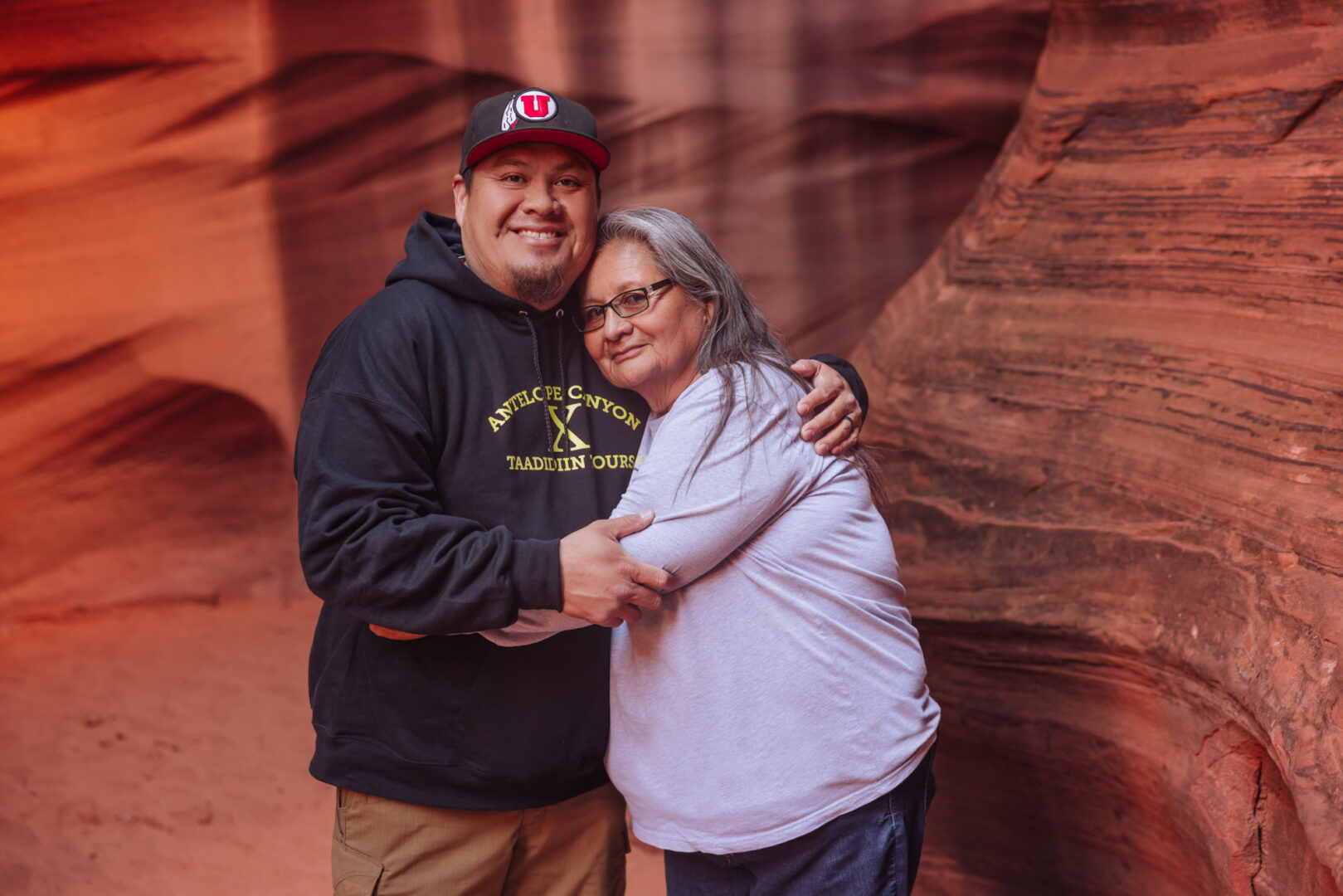
Before we go, maybe you can tell us a bit about your parents and what you feel was the most impactful thing they did for you?
My parents supported me in my ambitions but also allowed me to make small mistakes when the risk was high and fail when the risk was low. I think this is very important in the development of children and people through out their career. The small mistakes allowed me to create a feedback loop on why it didn’t go as planned when working on something that could be corrected without having a huge impact. This was mostly working with small hand tools and taking measurements for something we were building. My Dad would always teach me to not make certain mistakes when stakes where high. This was most useful when working with horses and cows on the ranch. These animals could weigh over 1,000 pounds. I was taught not to get myself in a position that could break bones or worst. I teach my kids these concepts to this day.
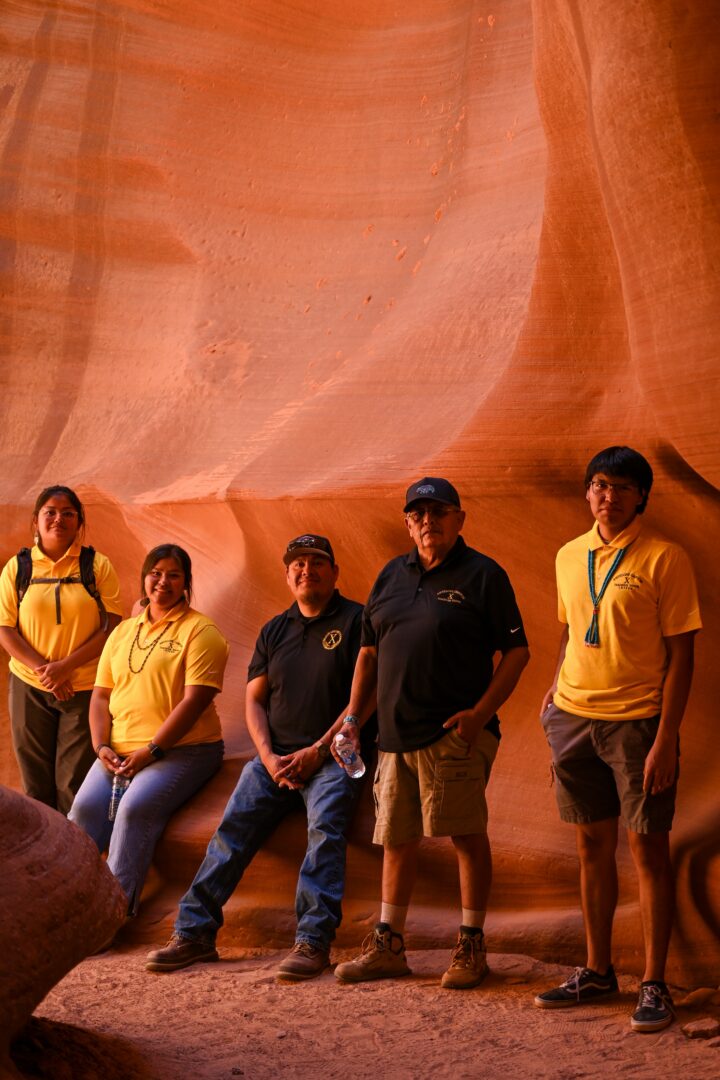
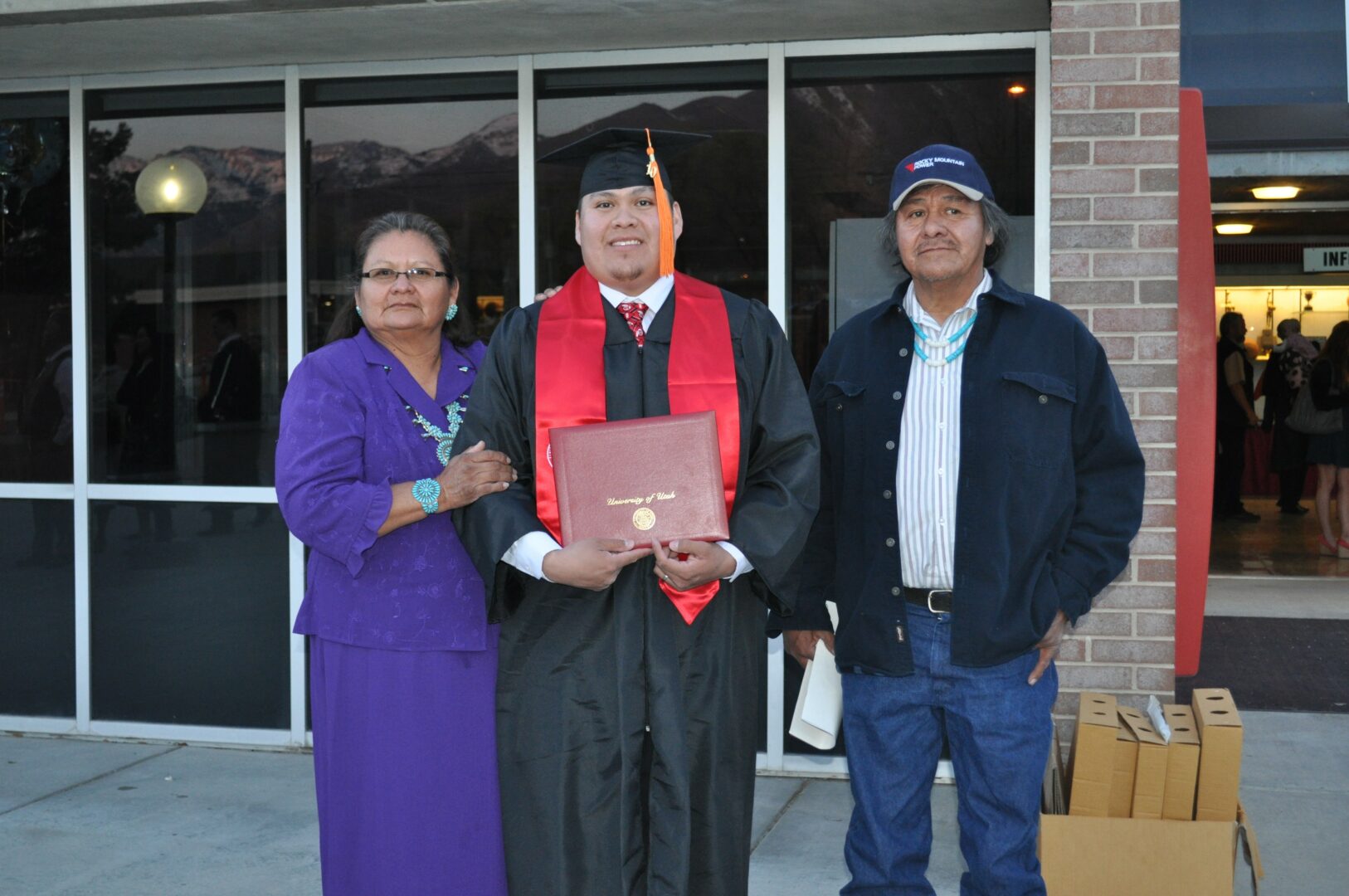
so if you or someone you know deserves recognition please let us know here.




